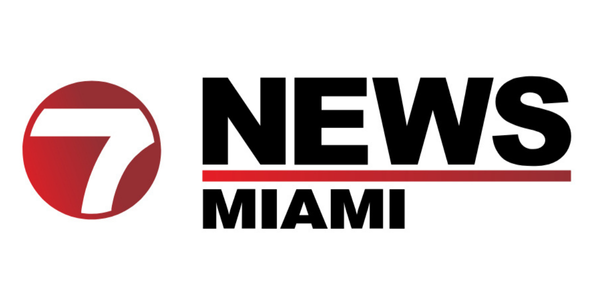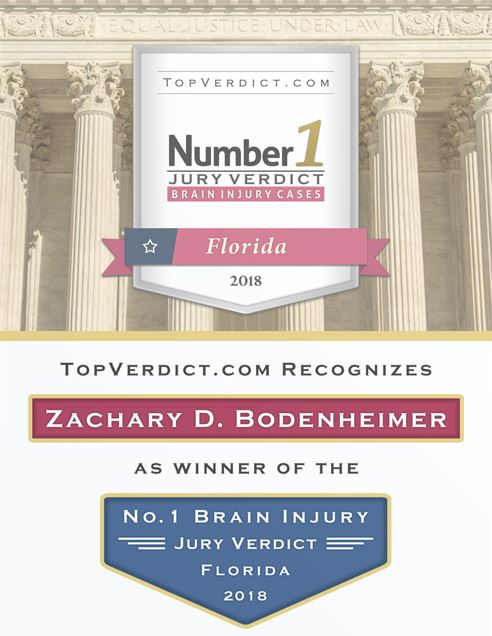- Free Consultation: 305-638-4143 Tap Here to Call Us
25-Year-Old Woman Killed in Pedestrian Crash on US 301 in Manatee County
A 25-year-old Palmetto woman was struck and killed Thursday afternoon while attempting to cross U.S. 301 in Manatee County, according to the Florida Highway Patrol. The deadly crash took place just miles from another pedestrian fatality earlier the same day, highlighting ongoing concerns about pedestrian safety on major roadways in the region.
Troopers say the woman had been walking north along the roadside when she attempted to cross U.S. 301. As she stepped into the roadway, she was struck by a Lincoln sedan driven by an 80-year-old Bradenton man.
- The woman was pronounced dead at the scene.
- The driver was not injured.
- The investigation is ongoing, and no charges have been announced at this time.
The crash occurred on a busy stretch of U.S. 301, a corridor with limited pedestrian infrastructure despite heavy vehicle traffic and frequent crossing activity.
This incident marks the second fatal pedestrian crash reported on the same day in the county. According to data from the Florida Department of Highway Safety and Motor Vehicles (FLHSMV), pedestrian deaths across Florida have surged in recent years due to:
- High-speed roadways lacking safe crossings
- Poor lighting conditions at night
- Speeding and distracted driving
- Wide multilane highways that create long crossing distances
- Insufficient sidewalks or shoulders for pedestrians
U.S. 301 and U.S. 41 are consistently identified as high-risk corridors due to speed limits, traffic volume, and limited pedestrian protections.
Who Could Be Liable in a Pedestrian Crash?
Liability in pedestrian crashes is not always straightforward. Even when a pedestrian enters the roadway outside a crosswalk, the driver still has legal responsibilities.
Potentially Liable Parties Include:
1. The Driver
A driver may be held liable if they were:
- Speeding
- Distracted (texting, using GPS, eating, adjusting controls)
- Driving without headlights in low-light conditions
- Failing to maintain a proper lookout
- Driving impaired
Florida law requires drivers to exercise due care to avoid colliding with pedestrians (Florida Statute §316.130(15)).
2. The County or State Road Authorities
Government entities may share responsibility if:
- The roadway lacked safe crossing areas
- Lighting was inadequate
- Traffic signals or signage were insufficient
- The area had a documented history of pedestrian crashes without improvements
3. Vehicle Manufacturers
If a vehicle defect — such as brake failure or malfunctioning headlights — played a role, manufacturers or maintenance providers may be liable.
Legal Options for the Family After a Fatal Pedestrian Crash
Families of pedestrians killed due to negligence may pursue a wrongful death claim under the Florida Wrongful Death Act (§768.16–§768.26). Compensation may include:
- Funeral and burial expenses
- Loss of support and services
- Loss of companionship and protection
- Mental pain and suffering for parents or children
- Loss of future earnings or benefits
Even when the pedestrian is partially at fault, Florida’s comparative negligence law allows families to recover compensation reduced by the percentage of fault assigned.
Given the complexity of fatal crash investigations — especially when the victim cannot speak for themselves — early legal involvement is essential. Evidence such as roadway debris, vehicle black box data, surveillance footage, and witness statements must be preserved quickly before it disappears.
At Flanagan & Bodenheimer, we understand the devastation families face after a sudden loss. Our legal team works swiftly to:
- Conduct independent investigations
- Obtain crash reconstruction analysis
- Secure video footage from nearby businesses or traffic cameras
- Interview witnesses
- Preserve key evidence before it is lost
- Handle communications with insurance companies
- Pursue full compensation through settlement or litigation
We offer free consultations and handle wrongful death cases on a contingency-fee basis — meaning families pay nothing unless we recover compensation.
Pedestrian crashes on high-speed roads like U.S. 301 often result in catastrophic injuries and tragic fatalities. If your loved one was killed in a preventable crash, you do not have to face the aftermath alone.
Contact our firm today to discuss your legal options and ensure your family’s rights are protected.












